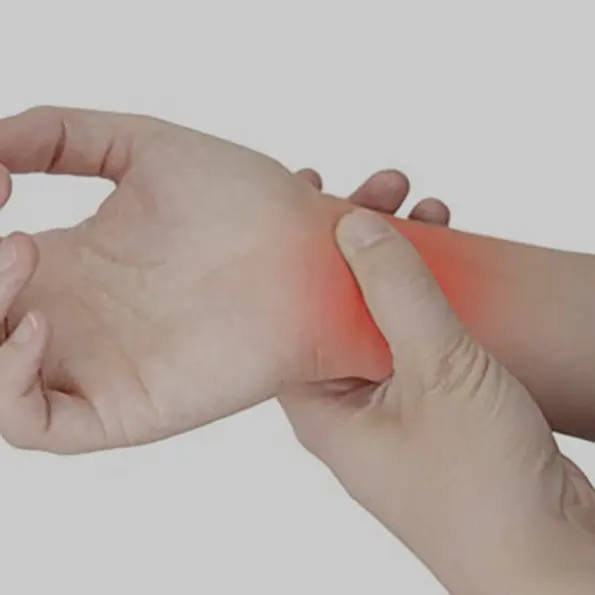1. Surgery Overview
Carpal tunnel release surgery is a procedure performed to relieve pressure on the median nerve in the wrist, which causes symptoms of carpal tunnel syndrome such as numbness, tingling, and hand weakness. The surgeon cuts the transverse carpal ligament to reduce compression on the nerve. The surgery can be done using an open or endoscopic (minimally invasive) technique.
2. Type of Anesthesia
This surgery is usually performed under local anesthesia with sedation. In some cases, regional anesthesia (such as a nerve block) may be used.
3. Possible Risks and Complications
Infection
Bleeding
Nerve injury or persistent numbness
Scar sensitivity or pain at the incision site
Incomplete symptom relief
Stiffness or weakness in the hand
Reaction to anesthesia
4. Hospital Stay Duration
CTS surgery is typically an outpatient procedure. Patients are discharged the same day and can go home shortly after the surgery.
5. Important Post-Operative Care
Keeping the hand elevated to reduce swelling
Avoiding heavy lifting or repetitive hand motions for several weeks
Gentle finger exercises to maintain mobility
Keeping the incision site clean and dry
Attending follow-up visits for wound inspection and suture removal
Gradual return to normal hand activities as guided by the surgeon.

